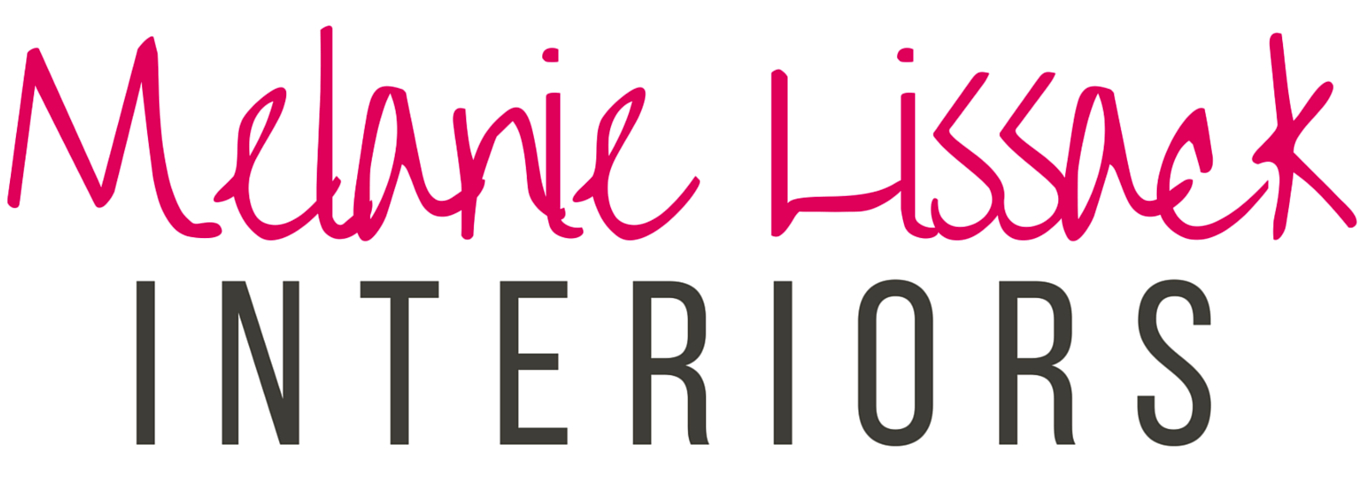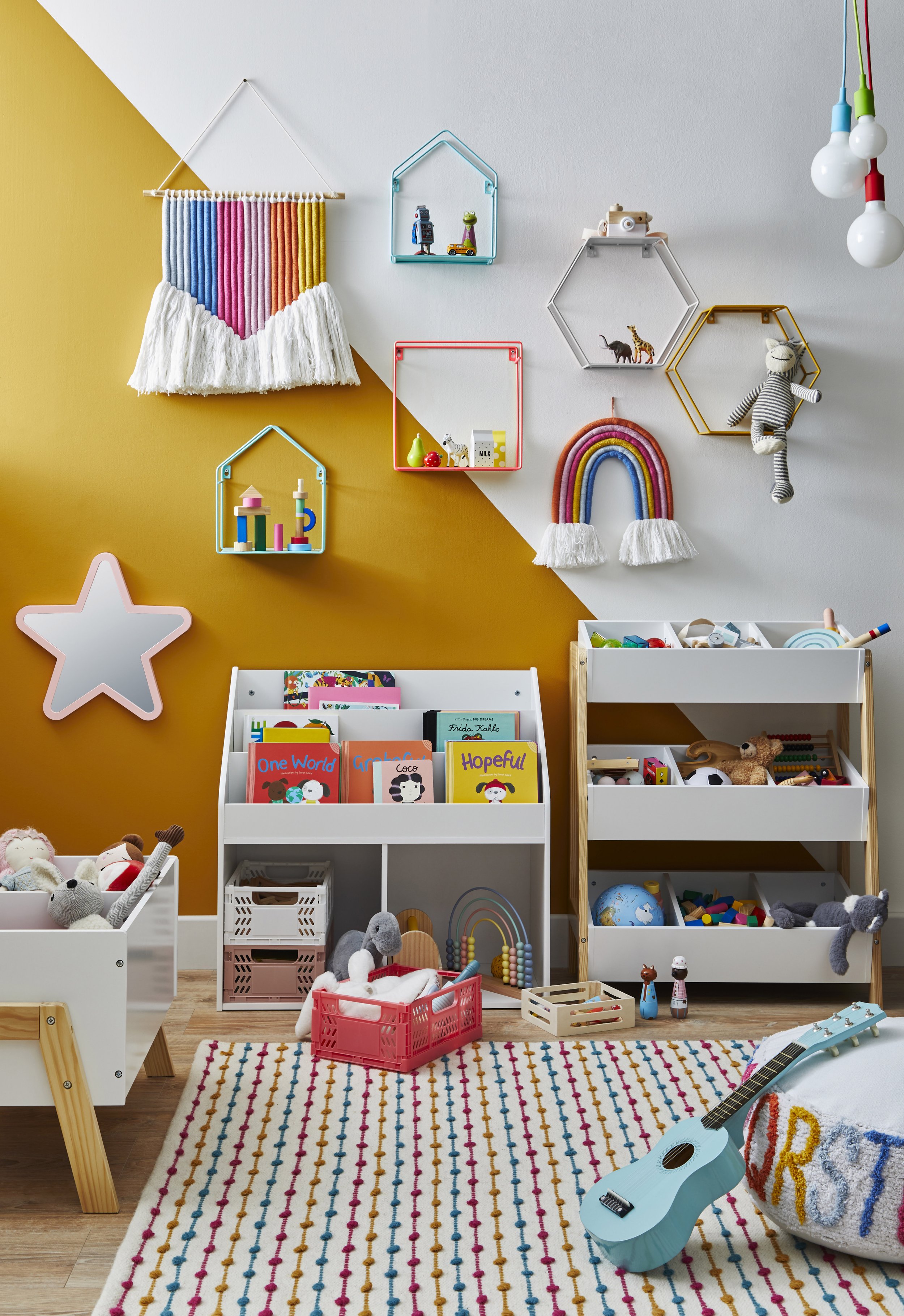How to design a fun and functional kids' bedroom
Bamboo clothes rack by Ella James, £125.
Featured Partner Placement Post
Creating the perfect space for your little one to rest, play and grow should be a fun experience for both of you. But, that’s not to say it doesn’t come without challenges (such as accommodating their future needs as well as their age and interests right now). So, how can you find the right balance? Below, read 6 practical tips for designing a fun, functional kids’ bedroom.
Start with a neutral base
In most cases, it makes sense to start with a neutral approach – especially if your child is very young. This way, you’ll give them plenty of space to play while updating the design and décor as they grow. Think soft, open floor space and mostly neutral walls, leaving room for fun touches such as feature wall murals.
Oliver Furniture Seaside Lille 5-in-1 Cot, available from cuckooland.com
Showcase their interests
Sure, your child might change quickly over time, but that doesn’t mean you should avoid adding personality to the room right now. Are they big into football, for example? If so, hanging an iconic Liverpool kit (or whatever team they’re most into) will inspire them every day. Alternatively, feature their favourite TV or book character, or simply add splashes of their number one colour throughout.
SNURK Children's Dinosaur Duvet Set, available via cuckooland.com
Make room for play
There are lots of benefits of play for children, from improved communication to creativity and physical development. It’s vital then that you give them space for it and help them love their own room! Keep things simple with soft flooring and a display of their favourite toys or other items and let them take it from there.
"Come, Slide With Me" cork playmat in a rainbow design, 130x170 cm, by Corkademy.
Storage is key!
Kids tend to come with a lot of stuff. In fact, their possessions are likely contributing to the self-storage boom! If this problem sounds all too familiar, make it as easy as possible to put things away with simple solutions like under-bed storage boxes and wall-hugging book or shoe boxes.
Kids storage available from Dunelm. Bookcase and toy organiser, £69 per item.
Bloomingville Tazia Basket, £95, available via Sweetpea & Willow.
Consider child-proofing
With the best will in the world, kids are often messy and accident-prone. Practical options like wipeable paint and stain-protected soft furnishings can ease worries about sticky fingerprints and spillages.
Bloomingville Dolma Basket, £104, via Sweetpea & Willow.
Look to the future
Forward planning can help you create a space that will easily evolve over time. Think about where sockets are placed for reading lights and eventually desk or gaming equipment. A workspace might start out life as a crafts table, before coming in handy for homework and other grown-up projects.
Desk and dressing table available via Nubie Kids.
If you can incorporate these design features and considerations, you’re sure to create a bedroom that your little one will use and love for years to come!











